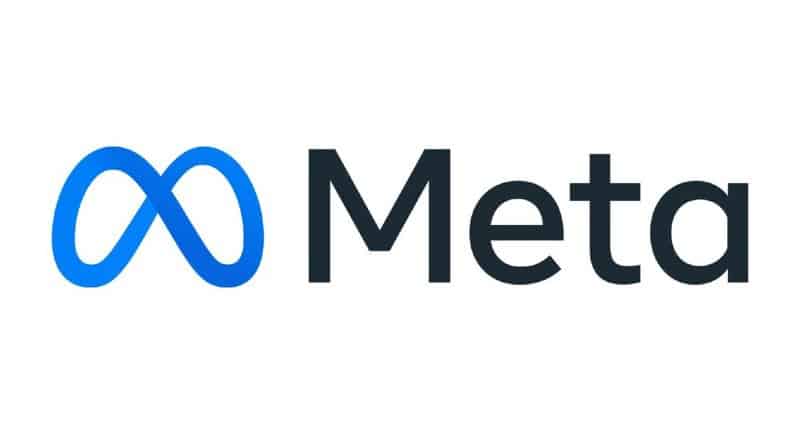After famously rebranding to Meta and adopting a vision of its future in the metaverse, Meta has shifted its priorities to AI, announcing a slew of new AI products that will roll out this year.
This week, Will Easton, managing director of Meta for Australia and New Zealand, unveiled the company’s AI assistant, multi-modal AI, and AI creator studios, among other products, at a media briefing at Meta HQ in Sydney.
Easton confirmed that the company’s short-term focus was on AI. “There’s a misconception in the market that the AI and the metaverse are different, that it’s independent of each other, which is completely wrong,” he said.
“The metaverse can’t run without AI. It’s the foundation of how the products operate.”
Easton said the metaverse is “five to 10-years away” with the business currently focused on AI, virtual reality, and smart glasses.
“We’ll continue to invest heavily into that part of our business. It’s still a priority for our organisation that we’re growing and building on,” he said.
“That’s integrating technologies and augmented reality, which obviously includes the glasses experience – that’s how we think about our horizons.”
Meta’s plan is to roll out the AI products across the world over the next 12 to 18 months. Easton added: “We’re still investing, still testing, and still very big believers that if you can’t be together in the physical world, there are still better experiences to be had in the digital world.”
Among the AI products that will be rolled out over the next year:
Meta AI
Launching this year is Meta AI, which the tech company has touted as a conversational AI system running across the majority of its products over the next 12 months. Easton called it “pretty game changing in terms of the experience.”
The capability will be available on WhatsApp, Messenger and Instagram, and will soon be available on Ray-Ban Meta smart glasses and Quest 3.
Meta AI can access real-time information through its search partnership with Bing and offers a tool for image generation.
Multi-modal AI
Easton called multi-modal AI (multiple sense processing glasses/mobile) a rich and immersive experience that is in its glasses and explained that it integrates the real world into the digital world. He also noted that users will be able to ask Meta AI questions, and ask it to give prompts, information, and recognise content.
“What we’re starting to see as we go through this evolution is AI integrated to new technologies are quite a different experience of how we go about [our] everyday lives. We’re still 1% in this journey, it’s a long way to go. I think we’re starting to read see the benefits of these technologies,” he added.
Meta AI Studios
The company launched its AI Studio last year for creators, businesses and people outside of Meta – coders and non-coders alike – to build their own AIs. Developers will be able to build third-party AIs for its messaging services with their APIs, starting on Messenger and expanding to WhatsApp.
The studio, set to be rolled out this year, will allow businesses of all sizes to create AI that reflects their brand’s values and improve customer service experiences.
For creators, they will be able to build AIs that extend their virtual presence across its apps and will be directly controlled by the creator.
Image generation
There will soon be further developments in image generating AI. Imagine is Meta’s AI platform for generating custom images. The platform will create a four images when a prompt is submitted to the image generator. The generated images can be downloaded or regenerated based on the same prompt, or a new prompt can be submitted.
Another AI image product from Meta is Emu, which creates a brand new image based on short prompts.
“From an advertising perspective for companies, small and medium, that don’t have Adobe and don’t want big advertising at this point, this is game changing,” Easton said, noting that it will be simple to connect with.
“We’ve built these products over last year, and there’s still a long way to go. But hopefully this gives you a bit of a taste of why AI is important to our business, and why we genuinely believe that we’ve got a big part to play in the industry over the next next few years.”
This comes after Meta revealed it will label AI-generated images across its family of apps – Facebook, Instagram, and Threads – in response to user demand for transparency surrounding the technology.
See also: Meta to label AI generated images on Facebook, Instagram and Threads
